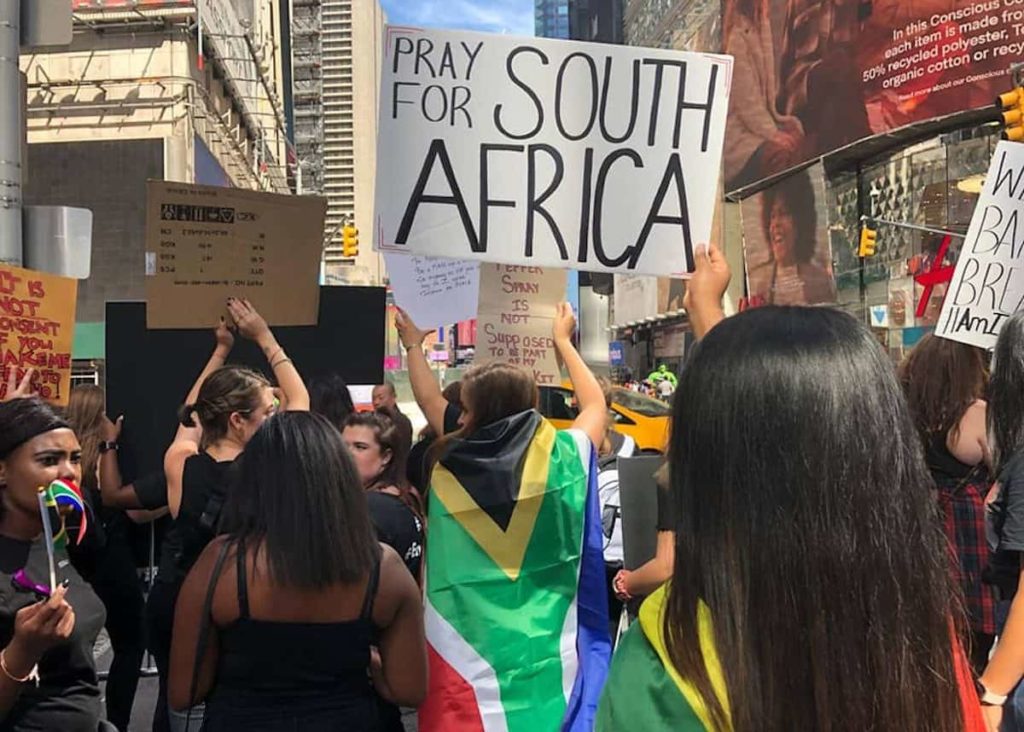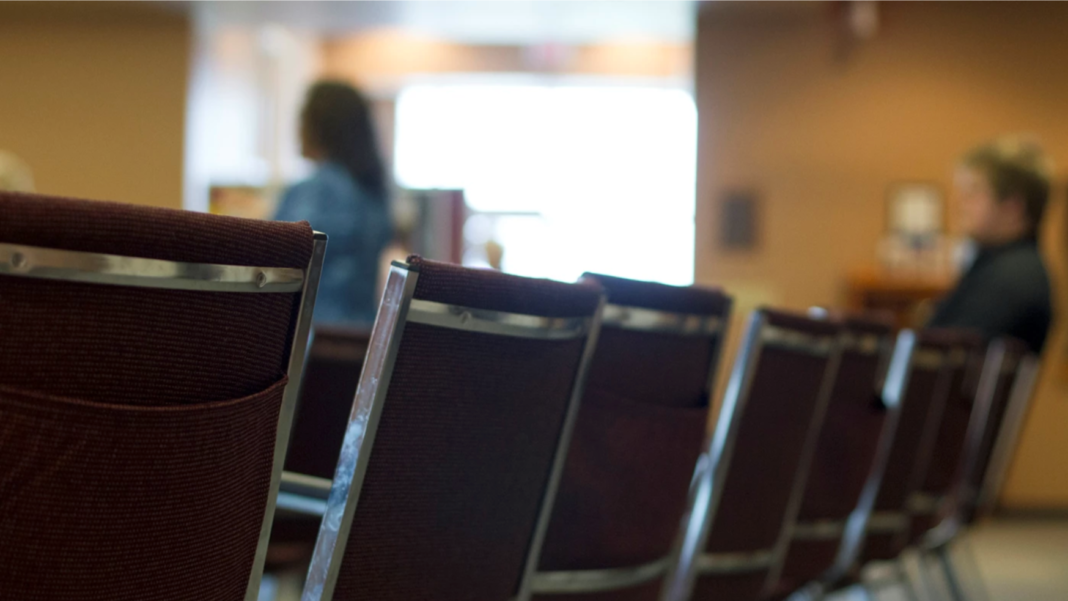Poverty, hunger, crime, and joblessness are just some of the blatant concerns that have affected many impoverished nations for generations. In 2020, we can add the chaos that is COVID-19, together with economic lockdowns that have brought many countries to a standstill. The result is that many hidden evils have begun to surface – and women and children often pay the price through heartache, violence, and domestic abuse.
For many of us, being forced into a COVID-19 lockdown situation with our families has equated to more time spent bonding, baking, crafting, and connecting with our loved ones. However, for far too many vulnerable women and children, social isolation and lockdowns have escalated tangible realities of fear, pain, and abuse as women from around the world become trapped at home with their perpetrators.
Sadly, the statistics reveal that an average of one in three women worldwide has experienced some form of physical and/or sexual violence in their lifetime and that globally, as many as 38% of murders of women are committed by a male intimate partner. These shocking facts signify that, for a third of women around the world, domestic abuse and gender-based violence are common occurrences with devastating outcomes.
Shining a Spotlight on Gender-based Violence in Africa

As a South African woman of color living in Cape Town, there are certain social ills that vie for my attention every single day. In my own nation, safety, crime, and violence are always a major concern, and more so for the most vulnerable communities in our country. Over the past 12 months, we have seen a surge of crime with terrifying reports of women and children senselessly raped and murdered at the hands of men.
A young Theology student is brutally raped and murdered alongside her grandfather in their family home; an 8-month pregnant mom is stabbed to death and found hanging in a tree; a single woman is attacked in her apartment and dismembered by her neighbor; a university student is lured into a post office and sexually assaulted, killed and dumped by a male postal worker. These are just a few of the horrific, real-life occurrences that have shaken our nation to the core over the past year. Sadly, many of these stories never reach international media. Even more unfortunate is that there are countless other testimonies of young girls victimized, children killed, and women assaulted by their own partners.
In fact, research suggests that South Africa currently has the highest rates of reported rape cases in the world (approximately 50,000 cases per year). As a nation, we are also currently number 13 of the 20 global hotspots for gender-based violence which accounts for 77% of homicides globally.
The statistics are petrifying, and as a part of the global body of Christ, we need to act.
We can no longer stay oblivious to the harsh reality faced by countless vulnerable people groups around the world. It is our mandate to stand up for those who cannot fight for themselves and this often means stepping out of our own cushy environments and recognizing that there is a dire need for change in the world today – and that we can be a part of this change, if only we were willing to take note and take action.
So, What’s the Play Call?
- Learn as much as you can. If you do not know where to start, begin by educating yourself and your family about the reality of gender-based violence and domestic abuse – in your community, and in the world at large. With hundreds of thousands of women affected globally, we can no longer ignore this devastating issue. It cannot be swept under the rug. We need to speak openly about the dangers, the signs, and the freedom we can have in Jesus to break the cycle of abuse.
- Speak up. We need to be addressing the issue of gender-based violence and speaking openly about it in our homes, in our schools, in our local media, and in our churches. We need to share our own stories of abuse and how to overcome through Jesus Christ. What we bring into the light will no longer keep us captive in the dark. Ephesians 5:8: “For at one time you were darkness, but now you are light in the Lord. Walk as children of light.”
- Keep others accountable. We need to keep the men and fathers in our lives accountable to protect and love their families. We need to teach our children from a young age what is appropriate behavior and how to adequately honor women for their roles in society. We need to call out ungodly behavior that places women and children in compromised or dangerous situations.
- Guard the tongue. We need to leave no room in our lives and hearts for demoralizing talk of women. We need to call out those who normalize negative speech and actions toward women. We should stand up for the rights of women and children, especially in situations – and communities – where their voices are not being heard.
- War on your knees. There is an evident war on our women and children happening today. We need to fight on our knees and contend with the Lord for protection, comfort, and guidance of the Holy Spirit. 1 Peter 3:12: “For the eyes of the Lord are on the righteous, and His ears are open to their prayer. But the face of the Lord is against those who do evil.” Let us ask God what it is we can do as a global body to be a part of the solution and to bring peace and healing to homes.
- Help where we can. There are several organizations doing their part to protect and care for vulnerable women and children. Find out about initiatives in your community and get involved. Find out about programs in your region at The National Sexual Violence Resource Center.
- Be alert and know the signs. If one-third of women globally are affected by sexual or domestic abuse, then the chances are extremely high that, in our lifetime, we have had personal experience with this issue, or that we know someone stuck in this cycle right now. Be aware of the women in your circles. Look out for the danger signs of abuse around you. Care for the women in your life – the daughters, aunts, neighbors, friends, and family where you have an influence. There are several physical and emotional signs you can look out for in the women and children in your sphere of influence. The following are a few of the evident signs that a woman or child may be in trouble:
-
- Physical signs: unexplained injuries or bruising such as scars, sprains, cuts, etc.
- Emotional signs: the person is increasingly anxious, agitated, or unusually quiet and melancholic. She may present with low self-esteem, depression, or seem suicidal.
- Psychological signs: Fear and anxiety are evident. She may have a real fear of going home or fear related to a specific individual or place i.e. a husband, brother, uncle etc.
- Behavioral signs: She may begin to isolate herself and stop seeing friends or family. She may also drop out of activities that she once enjoyed. She may speak about a jealous partner or his ‘bad temper’ or ‘possessiveness’.
How can you help?
It may be an extremely sensitive issue to try and assist a friend or acquaintance who is experiencing abuse at home. Be a good friend and be present to offer help, support, and prayer as needed. Follow your God-given instinct when something does not feel right, and report abuse to the right channels.
Isaiah 56:1: “This is what the Lord says: “Maintain justice and do what is right, for my salvation is close at hand and my righteousness will soon be revealed.”
If you suspect that someone you know is in an unhealthy or abusive relationship, you can find other great resources online at the US Department of Health’s Office on Women’s Health, or call the National Domestic Violence hotline at 1-800-799-7233 to get advice.




